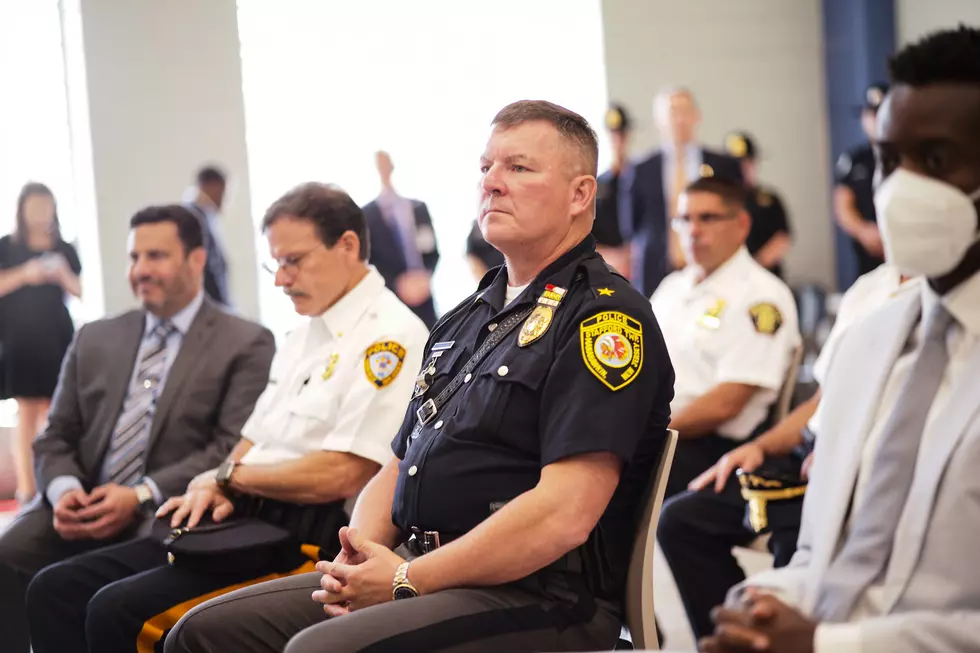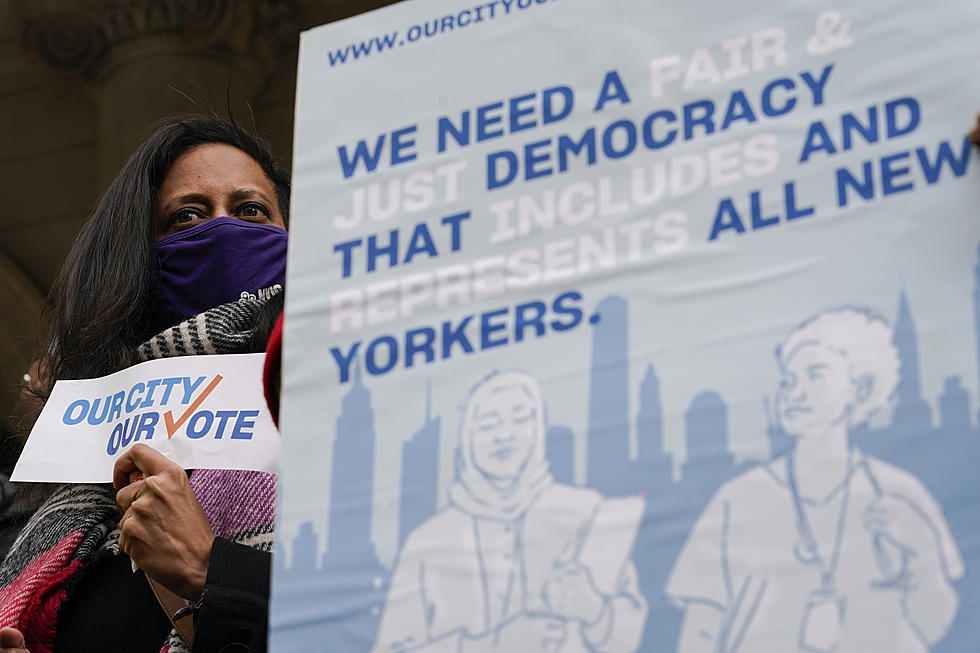
NJ becomes one of last states to create licenses for police
SECAUCUS – New Jersey police officers will soon need to hold professional licenses issued by the state.
Gov. Phil Murphy signed a bill into law on Thursday designed to ensure uniform statewide standards and a way to take career-ending disciplinary action when officers need to be held accountable.
The system will apply to local, county and state police officers as well as correctional officers in state prisons and county jails. It will be run through the state’s Police Training Commission.
Officers will have to renew their licenses every three years and could lose them if they’re convicted of a crime or multiple motor vehicle offenses for driving recklessly or while drunk or high, active in a group that advocates for violently overthrowing the government or make statements or social media posts that support discrimination or violence.
'A privilege ... not a right'
Murphy said the new law recognizes police as specially trained and highly skilled professionals.
“Being a member of New Jersey’s law enforcement family is a privilege. It is not a right,” Murphy said. “And this new license will send a strong message that the person entrusted with it takes this privilege seriously.”
The legislation was announced in mid-May, introduced in early June and approved four weeks later in votes of 40-0 in the Senate and 70-8 in the Assembly.
But that apparent speed obscures how long the process actually took – a few years of closed-door negotiations and nationwide research, capping 15 years of pushing by advocacy groups.
The bill is the latest in a series of police reforms approved in recent years, including body-worn cameras, enhanced diversity training and hiring changes.
'Incapacitate bad actors'
Wayne Blanchard, president of the State Troopers Fraternal Association, said that perhaps the most important aspect of the licensing program is that it brings accountability.
“It will incapacitate – and I do not use that word lightly – it will incapacitate bad actors that myself and any of my law enforcement colleagues never want to ride a patrol with,” Blanchard said.
The remaining states that don’t license police are California, Massachusetts and Rhode Island.
Advocates seek more
Amol Sinha, executive director of the American Civil Liberties Union of New Jersey, said there is more work to do.
“We cannot and should not aspire to merely catch up with Alabama and Florida. New Jersey must lead on issues of police accountability,” he said.
Sinha said the state should enact laws strengthening civilian review boards, requiring the public disclosure of police internal affairs records and ending qualified immunity, which can protect police officers and other public officials from lawsuits related to work misconduct.

Most of the law takes effect at the start of 2024, except a section that kicks in immediately addressing training courses or programs through the New Jersey State Police for drug recognition experts, to help identify drug-impaired drivers following the state’s legalization of marijuana use by adults.
Michael Symons is the Statehouse bureau chief for New Jersey 101.5. You can reach him at michael.symons@townsquaremedia.com
Click here to contact an editor about feedback or a correction for this story.
New Jersey's license plate designs through the years
Red flags for someone who claims to be from New Jersey
More From New Jersey 101.5 FM









